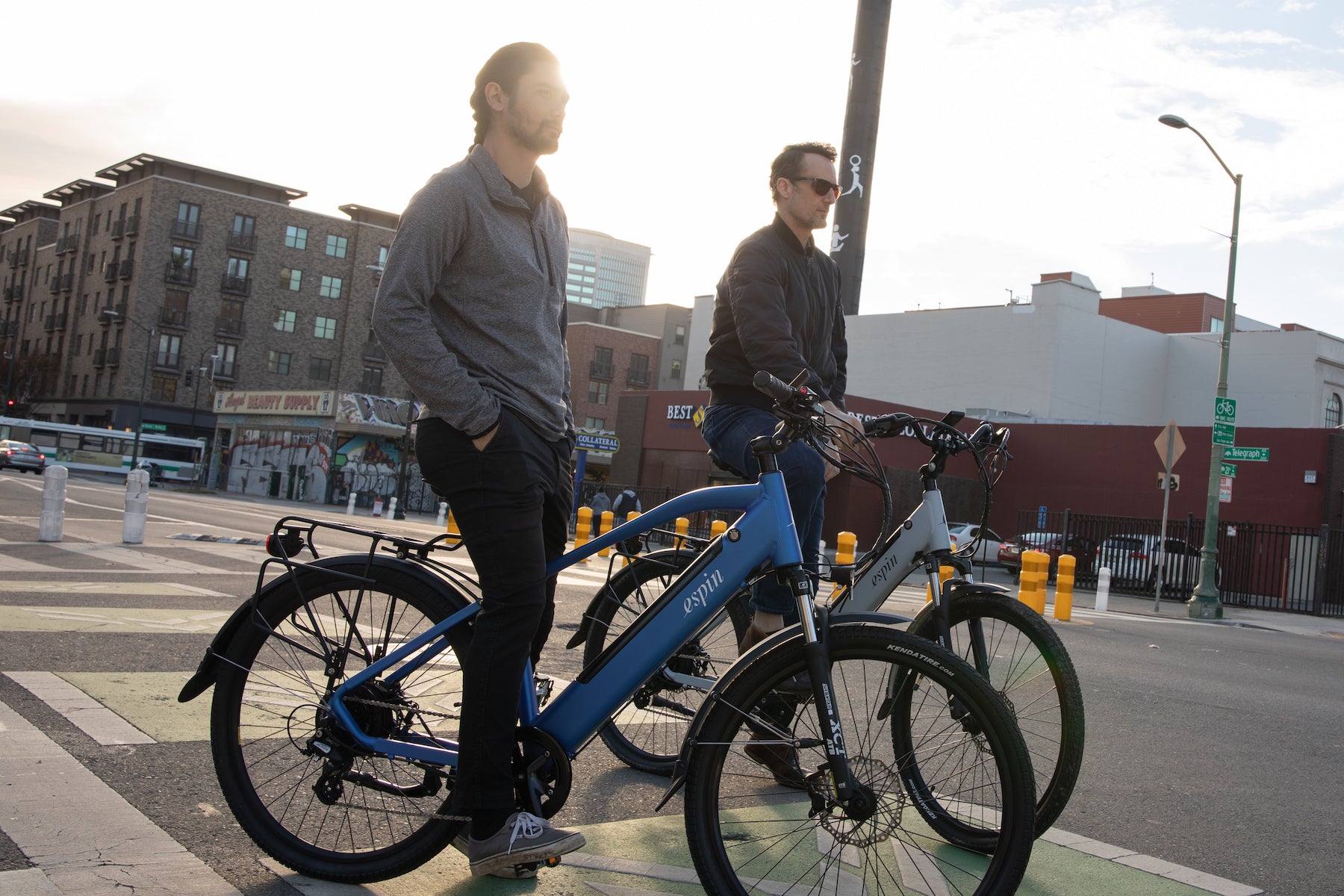In recent years, electric bikes have become a popular pick as a commuting vehicle in various parts of the world. And since they are beneficial for the body and the environment, it's quite obvious why there's much buzz going around about these nifty modes of transportation.
Despite all the advantages of riding an e-bike, some still consider its heaviness a significant drawback. After all, you're looking at a benchmark of around 15 to 30 kilograms. And it doesn't take an actual rocket scientist to figure out just how much of a struggle lifting such a load on a flight of stairs.
How Heavy Are Electric Bicycles?
In general, a typical electric bike weighs around 38 to 70 pounds. However, some weigh up to 160 pounds, depending on the model, type, battery, motor, and other contributing factors. Fortunately, some manufacturers offer lighter versions of electric bikes, which weigh about 18 to 22 pounds. Nonetheless, these are still quite heavy compared to regular and standard bicycles.
But why are electric bikes a lot heavier than regular ones? Does the weight affect the performance of an electric bike? To answer these questions, read on to find out just what makes e-bikes heavier than normal bicycles.
Why Are Electric Bicycles Heavy?
Unlike ordinary pedal bicycles, electric bikes have added equipment. And as logic dictates, adding components will result in a bulkier and heavier gear. With that said, numerous factors affect the weight of an e-bike. Let's take an honest close look at each of these components below to find out how much they influence the total weight of an electric bike:
1. Motor
The electric motor is generally the heaviest part of an e-bike. It can weigh as much as 17 pounds, depending on its make and power.
2. Battery
Aside from the motor, batteries also significantly add weight to an electric bicycle. Usually, they only weigh 7 pounds, but some can weigh as little as 3 pounds and as high as 12 pounds. Ultimately, the battery capacity plays a significant role in determining the weight of batteries—the higher the power, the heavier the battery.
3. Frame
Sometimes, manufacturers use sturdier and heavier steel to build the frame of electric bikes. This is because they need a more durable element that can handle the weight of both the motor and battery.
4. Tires
Much like how manufacturers beef up the frame of electric bicycles, there are also some instances wherein they replace regular tires with bigger and wider ones. This makes riding on rough terrain a lot easier, but it also does make the electric bike heavier.
Conclusion
Electric bicycles often are heavier due to the additional components that make up their build, such as those that we’ve mentioned. But contrary to what other people believe, the extra weight is not at all a hindrance or a drawback, as it actually provides more opportunities for riders. Indeed, e-bikes are heavy to lift, yet, the supplementary components that make up their system make them handy in riding through challenging terrains.
Are you trying to find electric bike dealers near you? Espin Bikes is an online platform that offers a vast collection of electric bicycles. Here in our shop, we have different models designed for any age and gender. If you're looking to purchase high-quality electric bikes, browse through our collection today!









Leave a comment
This site is protected by hCaptcha and the hCaptcha Privacy Policy and Terms of Service apply.